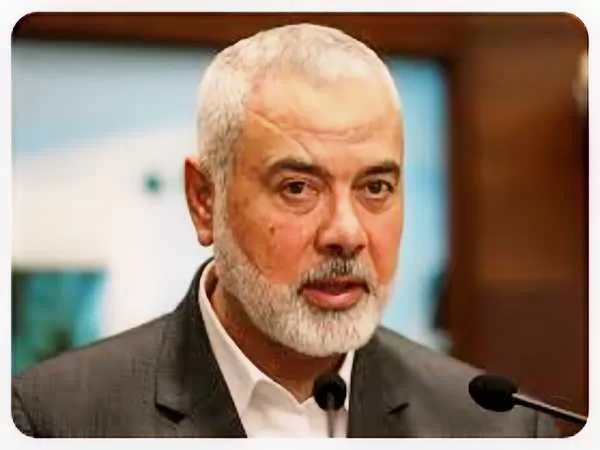Key Points:
- Middle East tensions
- Hamas political chief assassination
- Hezbollah commander killed
- Israel-Gaza conflict
- US military deployment Middle East
- Iran Revolutionary Guards
- Ismail Haniyeh assassination
- Fuad Shukr airstrike
- Middle East security
- Israel retaliatory strikes
Tensions remain high in the Middle East following the assassinations of Hamas political chief Ismail Haniyeh in Tehran and a key Hezbollah commander in Beirut. These targeted killings have escalated the already volatile situation, prompting threats of retaliation and heightened security measures across the region.
Assassinations Spark Outrage and Promises of Revenge
On July 31, Ismail Haniyeh was killed in Tehran shortly after attending the swearing-in ceremony of Iran’s new president, Masoud Pezeshkian. Haniyeh, 62, who resided in Qatar, led the political bureau of Hamas, which has controlled the Gaza Strip since 2007.
A day earlier, on July 30, Hezbollah commander Fuad Shukr died in an Israeli airstrike in Beirut, which also killed three women and two young siblings. Israel claims Shukr was behind the rocket attack that killed 12 youths in the Golan Heights on July 27.
Iran and Hezbollah have vowed revenge against Israel, blaming both Israel and the United States for the killings. Iran’s Revolutionary Guards accused Israel of using a “short-range projectile” to kill Haniyeh and warned of severe repercussions.
Escalation of Violence
The conflict has already resulted in significant casualties. Over the nearly 10-month war in Gaza, triggered by Hamas’s attack on Israel on October 7, at least 39,550 Palestinians have been killed. The recent assassinations have intensified the conflict, with Israel conducting airstrikes in the West Bank, killing nine Palestinian militants, including a local commander in Tulkarem.
International Reactions
The United States has responded to the escalating threats by deploying additional fighter jets and Navy warships to the Middle East. Defense Secretary Lloyd Austin approved sending more Navy cruisers and destroyers, which can intercept ballistic missiles, to the region.
US officials have urged citizens in Lebanon to leave immediately, reflecting the severity of the situation. Pentagon spokesperson Sabrina Singh emphasized that the US does not believe escalation is inevitable and supports a ceasefire.
President Joe Biden expressed concern about the potential for increased violence in the Middle East, noting that the killing of Haniyeh has complicated ceasefire negotiations between Israel and Hamas.
Regional Responses
India has advised its nationals in Israel to remain vigilant and follow safety protocols. The Indian embassy in Lebanon strongly urged Indian citizens to leave the country, and Air India suspended flights to Tel Aviv until August 8.
The Middle East remains on edge as the aftermath of the high-profile assassinations continues to unfold. The international community is closely monitoring the situation, hoping for a de-escalation and a return to peace.

